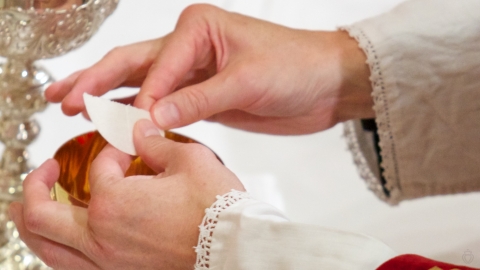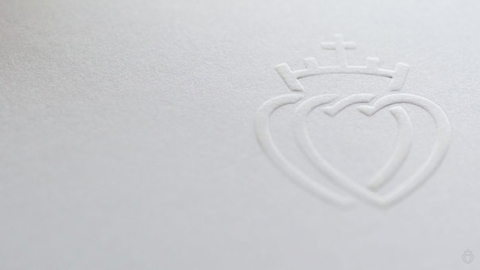Church Reaffirms Her Rejection of Assisted Suicide
Receiving members of the medical profession at audience, Pope Francis once again marked his rejection of euthanasia and assisted suicide, at a time when these practices tend to be trivialized in secularized Western societies.
On September 20, 2019, the Supreme Pontiff received in audience the Italian National Federation of Physicians and Surgeons (FNOMCEO). This organization has strongly opposed euthanasia in the debate animating the peninsula on this subject. The pope encouraged the entire transalpine medical community to work for respect for the end-of-life.
“Medicine is at the service of each person, and you, doctors, are convinced of this truth on the basis of a very long tradition which has its roots in the insights of Hippocrates,” said Pope Francis, before adding, “this is precisely why you should be concerned about the pitfalls of current medicine.”
The successor of Peter is referring to the end-of-life situation in Italy. Since December 14, 2017, a law was enacted that encourages any Italian who has reached the age of majority to draft advance directives, to be applied in the event of terminal illness, or of a serious, incurable condition, thought to be life-threatening in the short-term.
Under this law, the patient has the right to refuse any medical treatment, including hydration and artificial nutrition. Health professionals have the duty to implement palliative care, “up to deep and continuous sedation.” This is a first step on the road to euthanasia, which cannot be accepted.
However, Italian law considers assisted suicide as a crime and euthanasia as homicide. But the Italian Bishops’ Conference soon saw in the 2017 law, the “de facto” introduction of a pseudo-right to euthanasia.
At the time, the president of the bishops’ conference, Bishop Gualtiero Bassetti recalled that hydration and artificial feeding cannot be considered as extraordinary treatment, “they are proportionate care, works of corporal mercy.”
We can better understand the Argentine pope’s intervention on September 20, speaking to surgeons and dentists and telling them they “must reject the temptation…to use medicine to support a possible willingness of the patient to die, providing assistance for suicide or directly causing death by euthanasia.”
For Francis, such practices remain unacceptable in terms of Catholic morality: “these are hasty ways of dealing with choices that are not, as they might appear, an expression of the person’s freedom.” And the Holy Father concludes that, “there is no right to dispose arbitrarily of one’s life, so no doctor can become an executive guardian of a non-existent right.”
“Lame-footed punishment rarely forgets the wicked man,” wrote Horace in one of his Odes—justice is slow, but inescapable. A wisdom that legislators would do well to make their own in remembering the judgment that awaits every man when he leaves this world.
(Sources : Saint-Siège/La Croix - FSSPX.Actualités - 01/10/2019)



